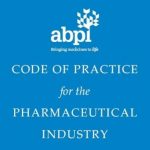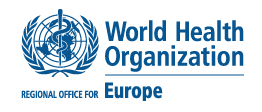 A report by Public Health England has been published in the World Health Organization’s European journal, Public Health Panorama.
A report by Public Health England has been published in the World Health Organization’s European journal, Public Health Panorama.
“Developing partnerships and a whole-system approach for the prevention of musculoskeletal conditions in England”
Abstract: This case study reviews the experience of PHE in developing and implementing a public health approach to the prevention of and early intervention in MSK conditions. We reflect on key elements of the approach, and the essential role of galvanizing and supporting partnerships, as well as achievements and lessons learnt so far.…
Read more of this article



 The BOA is nearing the end of our Centennial year and reflecting on 100 years of developments in orthopaedic surgery. While innovation in surgical techniques has dramatically improved patient care, the changing nature of healthcare delivery systems, rationing and access to care mean that many patients are still struggling with the day-to-day impact of MSK conditions.
The BOA is nearing the end of our Centennial year and reflecting on 100 years of developments in orthopaedic surgery. While innovation in surgical techniques has dramatically improved patient care, the changing nature of healthcare delivery systems, rationing and access to care mean that many patients are still struggling with the day-to-day impact of MSK conditions.

 I have just returned from the British Orthopaedic Association centenary congress, where ARMA had a session on integrated pathways for orthopaedics. One thing that struck me about the event was the recognition of the importance of multi-disciplinary working. There were significant numbers of delegates who were not orthopaedic surgeons, particularly physiotherapists. A session I attended on hip fracture covered the crucial role of physios in rehabilitation.
I have just returned from the British Orthopaedic Association centenary congress, where ARMA had a session on integrated pathways for orthopaedics. One thing that struck me about the event was the recognition of the importance of multi-disciplinary working. There were significant numbers of delegates who were not orthopaedic surgeons, particularly physiotherapists. A session I attended on hip fracture covered the crucial role of physios in rehabilitation.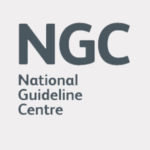
 Public Health England has commissioned the
Public Health England has commissioned the 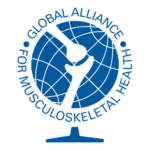
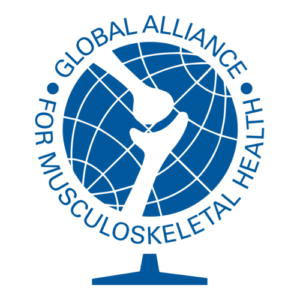 he Global Alliance for Musculoskeletal Health wishes to bring to your attention a series of papers published in a supplement of the European Spine Journal this month. They have been written by the Global Spine Care Initiative (GSCI), a sub group of World Spine Care, which in turn is a project of GMUSC.
he Global Alliance for Musculoskeletal Health wishes to bring to your attention a series of papers published in a supplement of the European Spine Journal this month. They have been written by the Global Spine Care Initiative (GSCI), a sub group of World Spine Care, which in turn is a project of GMUSC.
 Guest blog by Professor Anthony Woolf, Chair, ARMA
Guest blog by Professor Anthony Woolf, Chair, ARMA